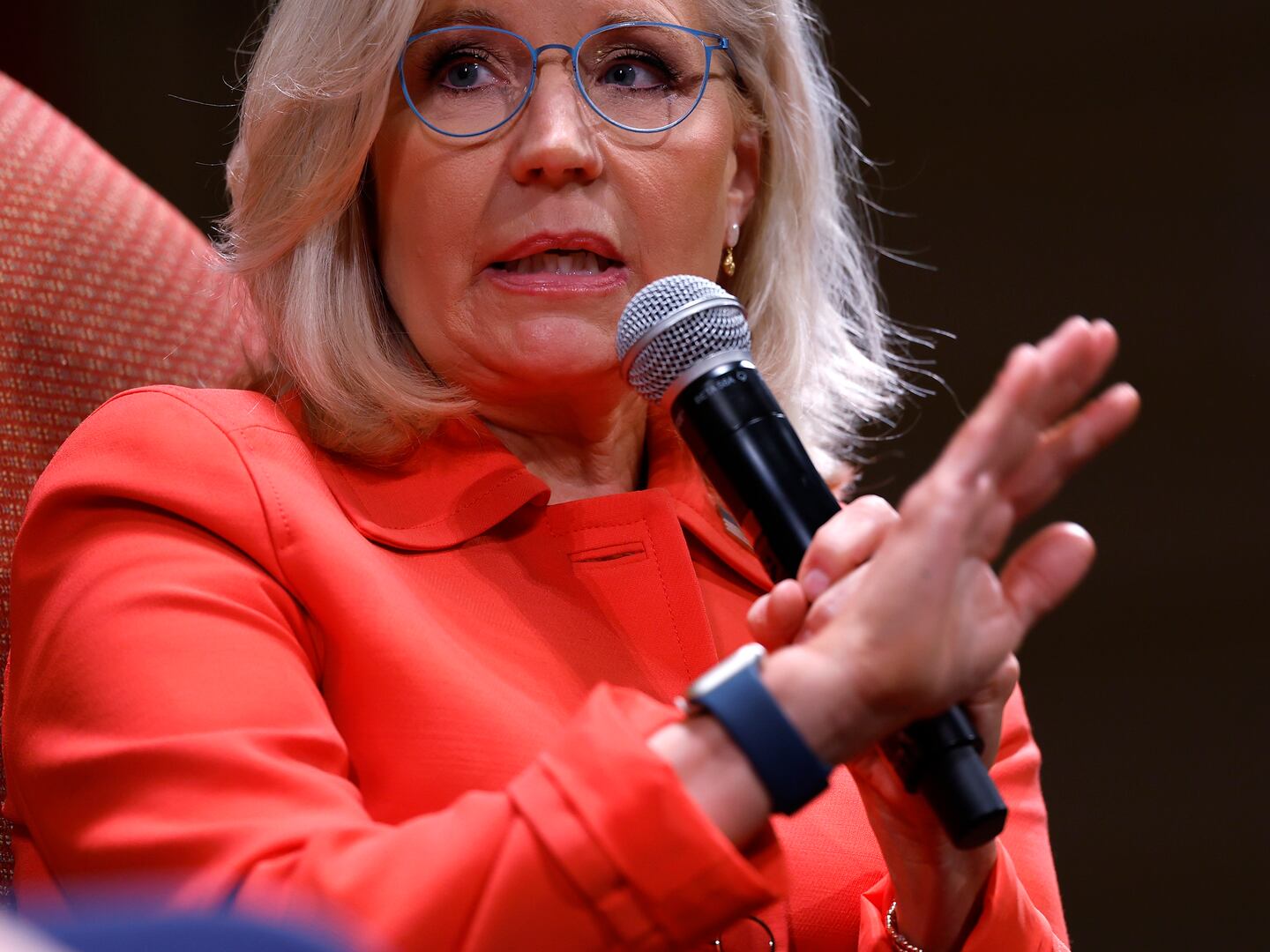Crime & Justice
Photo Illustration by The Daily Beast/Photos Getty Images
‘Wunderkind’ Art Dealer’s Wild Ride Ends in NYC Courtroom This Week
‘HE WENT BIG’
Inigo Philbrick, accused of a breathtaking fraud, is expected to plead guilty to federal charges.

Trending Now




